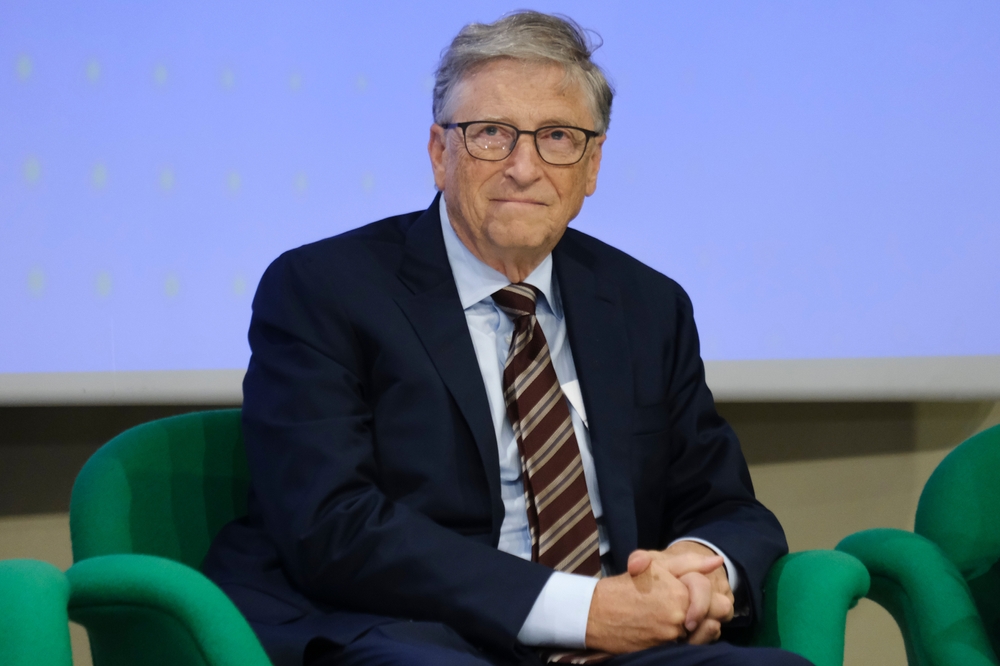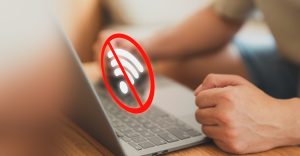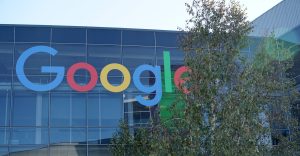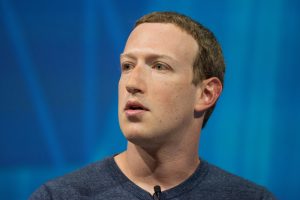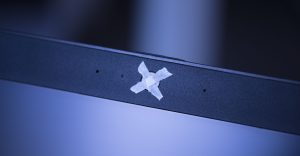Was Bill Gates the IT World’s Nostradamus?
Others are reading now
For decades, Bill Gates has been one of the most visionary figures in technology—but could he really have predicted the future?
As early as 1999, in his book Business @ the Speed of Thought, he described a range of technological developments that are now an integral part of our daily lives.
From social media and smartphones to artificial intelligence and smart devices, his predictions were astonishingly accurate.
Many of the innovations he foresaw were purely theoretical at the time, yet today, they are a part of everyday life for billions of people.
Also read
His ability to anticipate digital trends reflects a deep understanding of technology’s potential and its impact on society.
The question remains—was Gates simply a brilliant analyst, or did he truly have a glimpse into the future?
Automatically Generated Ads
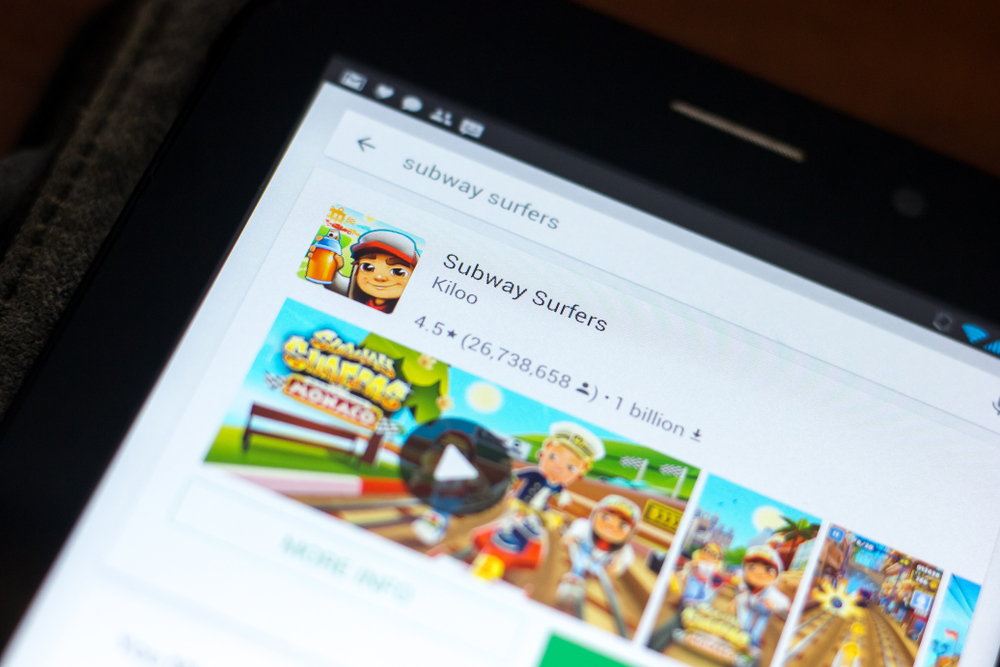
Gates predicted that software would be able to detect when someone had booked a trip and then use that information to suggest activities at their destination.
He believed that systems could recommend experiences, discounts, and offers tailored to the user’s preferences and needs.
Today, this has become a reality with algorithm-driven ads from Google, Facebook, and other platforms that personalize advertisements based on users’ searches and past activities.
Online Recruitment
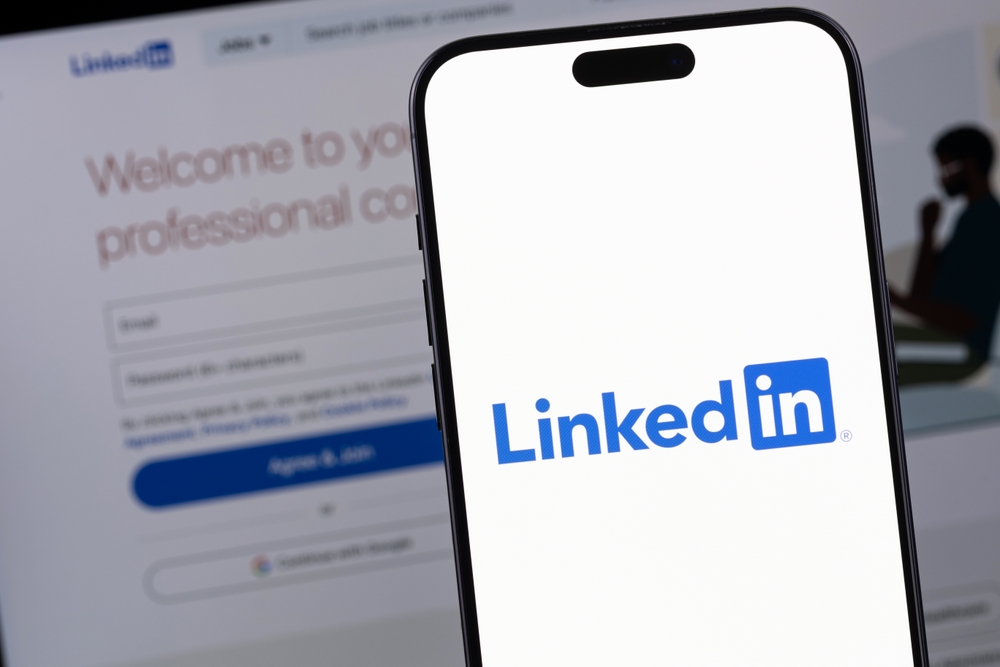
According to Gates, job seekers would be able to find work online by specifying their interests, needs, and specialized skills.
He envisioned a future where the job market would become digitalized and far more accessible for both companies and candidates.
Today, platforms like LinkedIn, Indeed, and Glassdoor have revolutionized how people search for jobs and how businesses recruit employees.
Mobile Phones
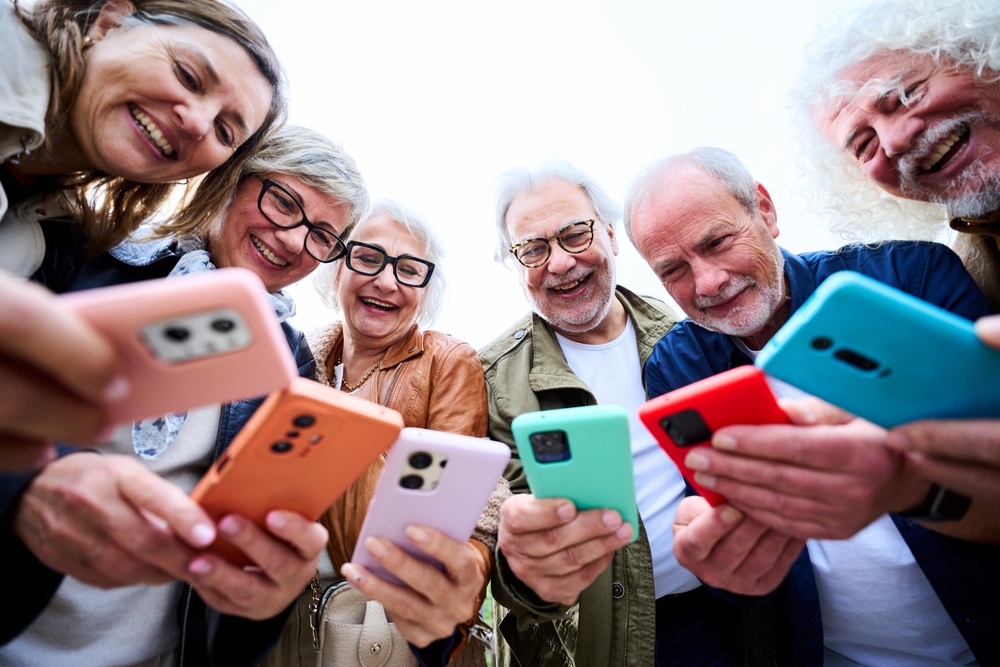
Gates foresaw that, in the future, people would carry small devices allowing them to stay constantly connected and manage business matters electronically, regardless of their location.
He believed these devices would provide users with access to news, flight bookings, financial information, and many other digital services.
Smartphones are now an indispensable part of everyday life, used for everything from communication and commerce to navigation and entertainment.
Online Finance
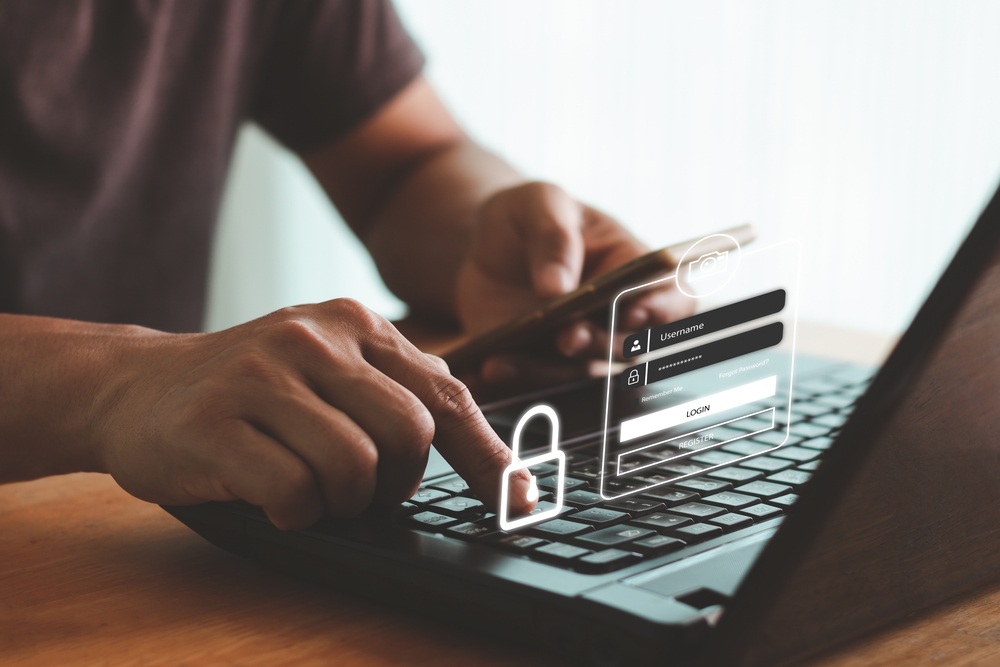
He also predicted that people would be able to pay bills, manage their finances, and communicate with their doctors via the internet.
Gates believed that the banking and healthcare sectors would undergo a digital transformation, offering people greater flexibility in their daily lives.
Today, online banking and mobile payment solutions like MobilePay, PayPal, and Revolut are standard, and telemedicine is becoming increasingly widespread in healthcare.
Social Media
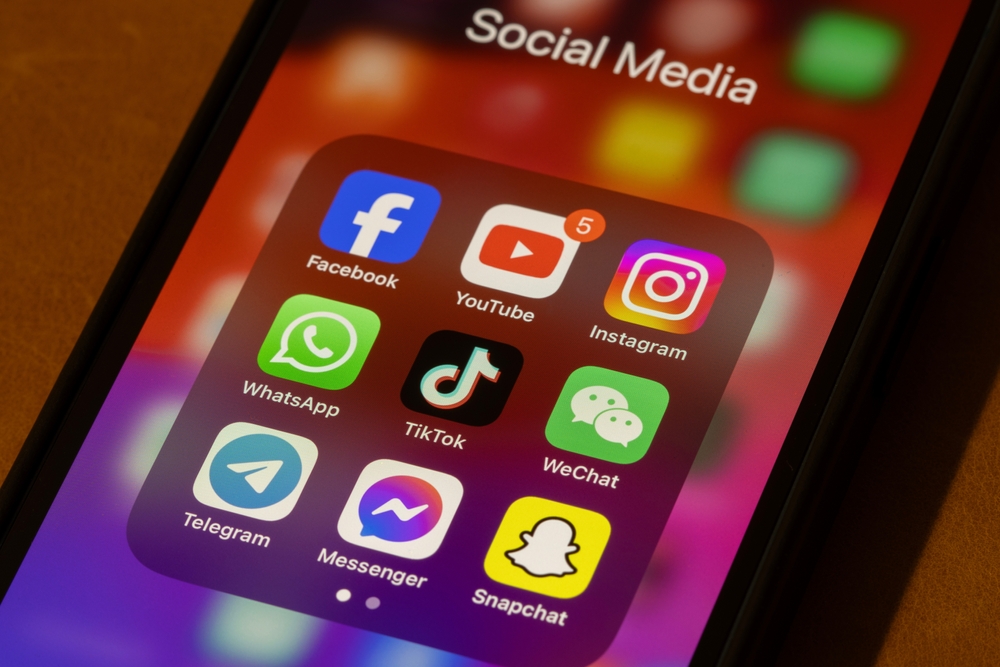
Gates envisioned a future where people could communicate and plan events through private websites for friends and family.
He believed that social networks would become an integral part of how people stayed in touch.
Today, platforms like Facebook, Instagram, and WhatsApp are the primary ways people communicate and organize social activities.
Virtual Discussion Forums
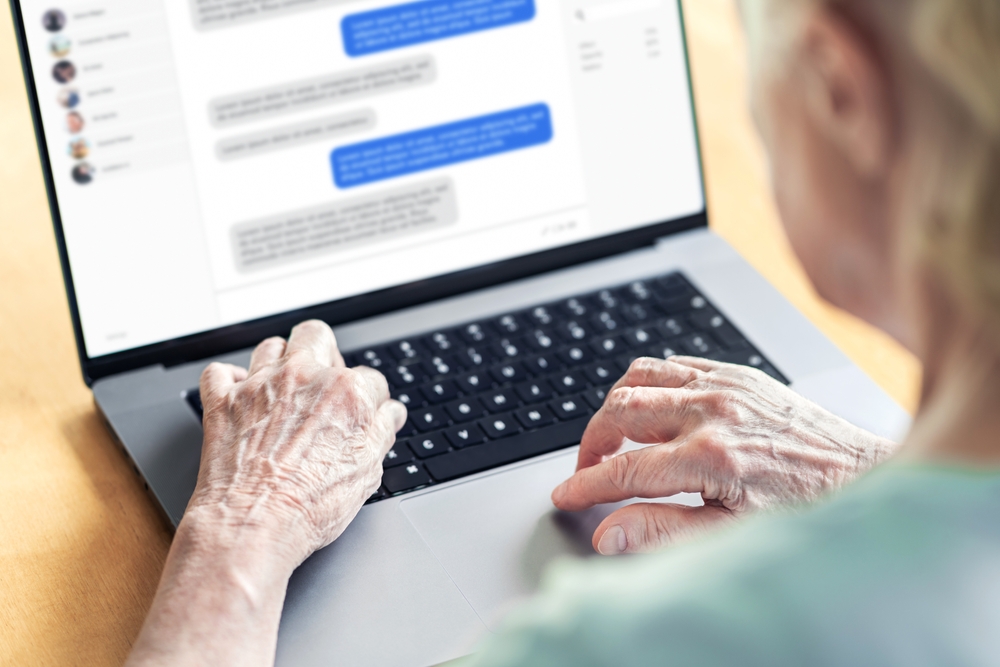
According to Gates, citizens in cities and local communities would be able to discuss relevant topics such as local politics, urban planning, and security online.
He saw the internet as a platform where people could engage in public discourse in a new and more accessible way.
Today, countless discussion forums exist, from Reddit and Discord to Facebook groups, where people debate everything from politics to hobbies.
Interactive Sports Experience
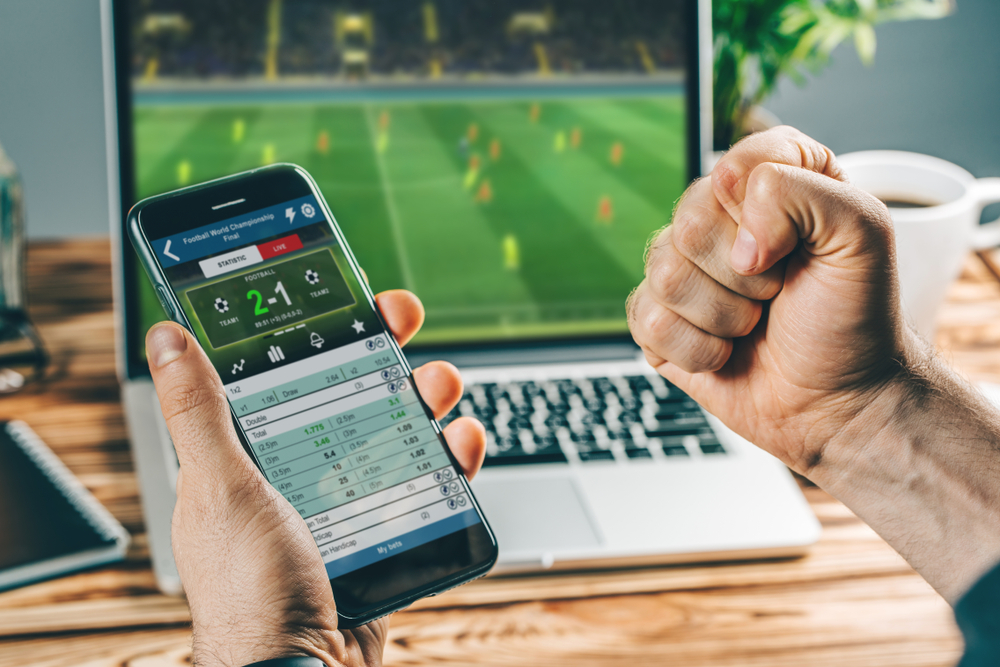
He also believed that viewers would be able to discuss sporting events in real-time while watching them on TV.
Gates predicted that services would enable users to participate in competitions, predict game outcomes, and share their opinions with others.
Today, sports fans can live-tweet games, join fantasy leagues, and use betting apps to predict results in real-time.
Constantly Connected Devices

He described a future where devices would be so integrated into daily life that they could assist with everything from cooking to grocery planning.
Gates envisioned users informing their devices about which recipes they wanted to make, with the system automatically generating a shopping list and syncing it with other devices.
Today, smart refrigerators, voice-controlled assistants, and apps like Google Home and Amazon Alexa help organize shopping and meal planning.
Home Surveillance Systems
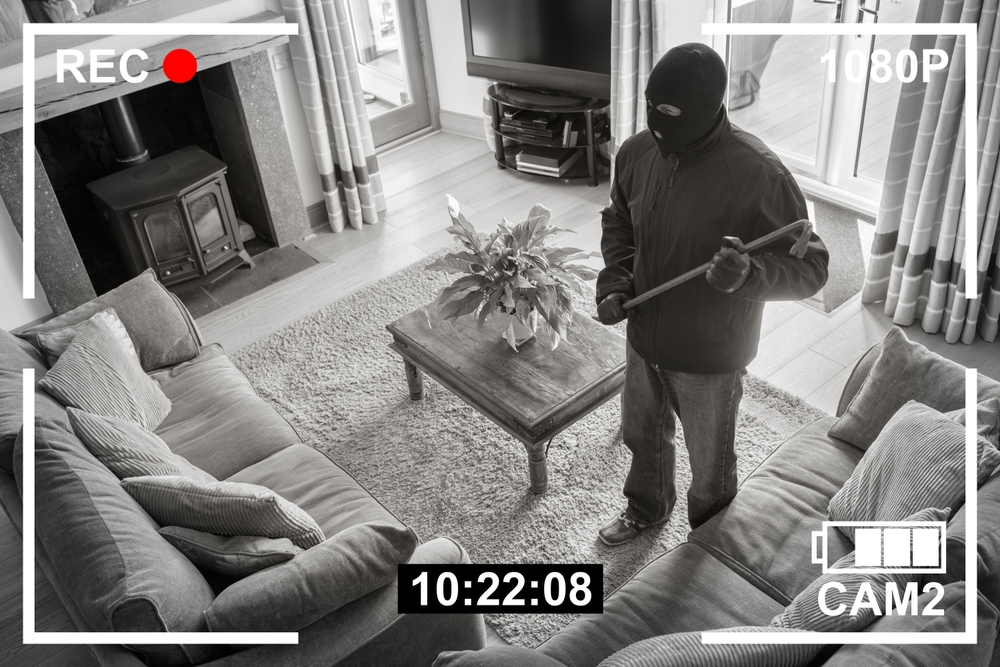
Gates predicted that real-time video streaming would become part of home security systems.
He believed that people would be able to monitor their homes while away and receive notifications if someone visited in their absence.
Today, smart home surveillance systems like Ring, Google Nest, and Arlo are widely used, allowing users to monitor their homes directly from their smartphones.
Online Communities
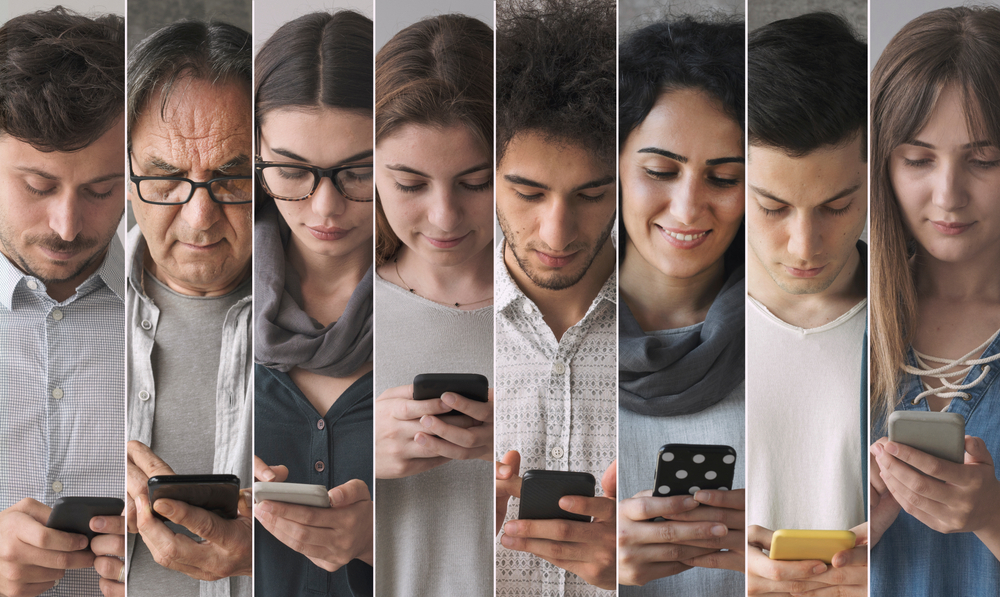
According to Gates, the internet would enable people to form communities based on shared interests rather than geographical location.
He envisioned a future where people could connect with like-minded individuals worldwide and share experiences and ideas digitally.
Today, millions of people engage in online communities on platforms like Reddit, Discord, and Facebook groups, where they exchange interests and experiences.
Virtual Assistants
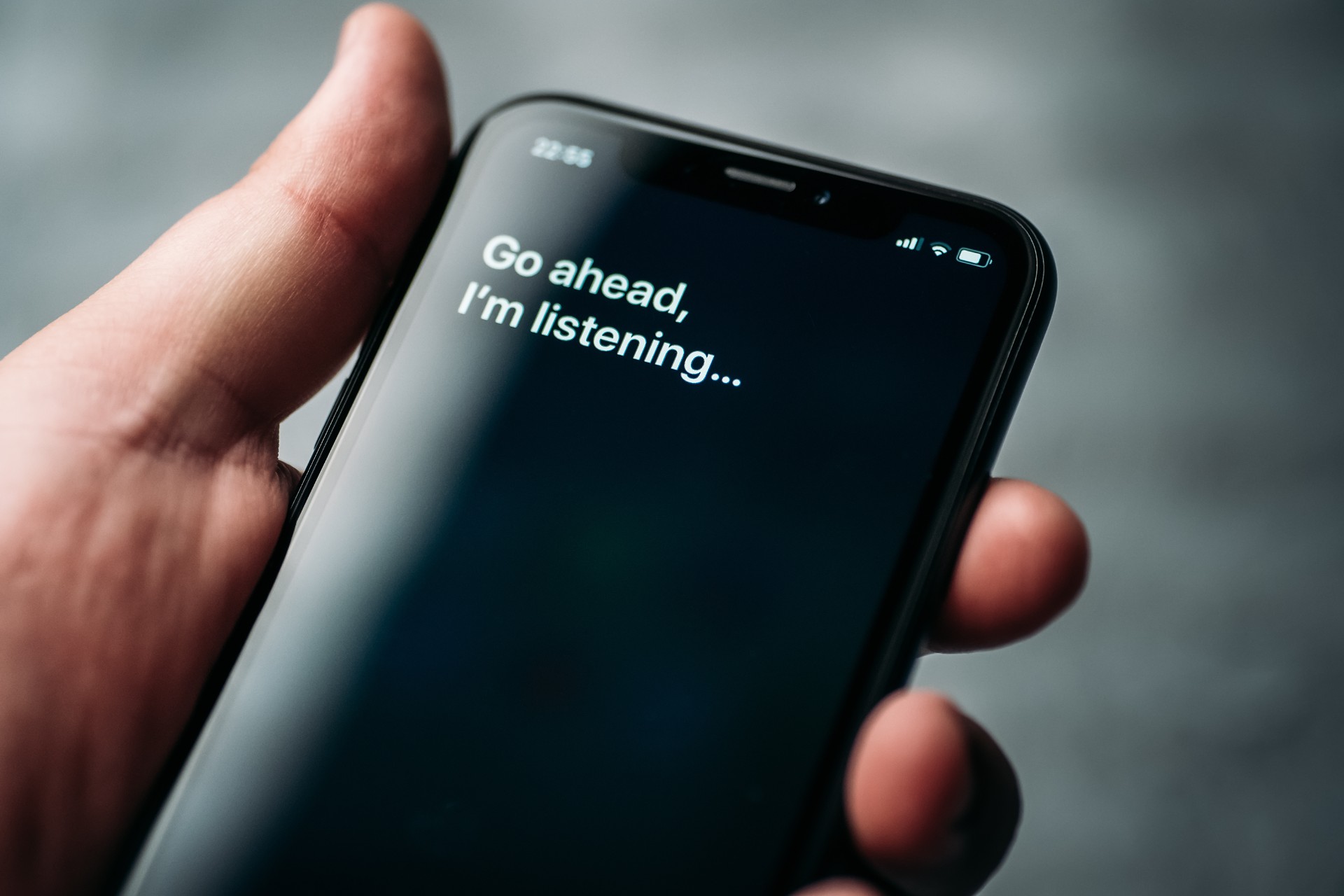
He also predicted that digital assistants would play a significant role in the future.
According to Gates, these assistants would connect and synchronize users’ devices both at work and at home.
They would also be capable of analyzing emails and notifications to present users with the most relevant information.
Today, virtual assistants like Siri, Google Assistant, and Alexa have become a natural part of everyday life, helping with everything from answering questions to controlling smart devices.
QR Codes and Online Searches
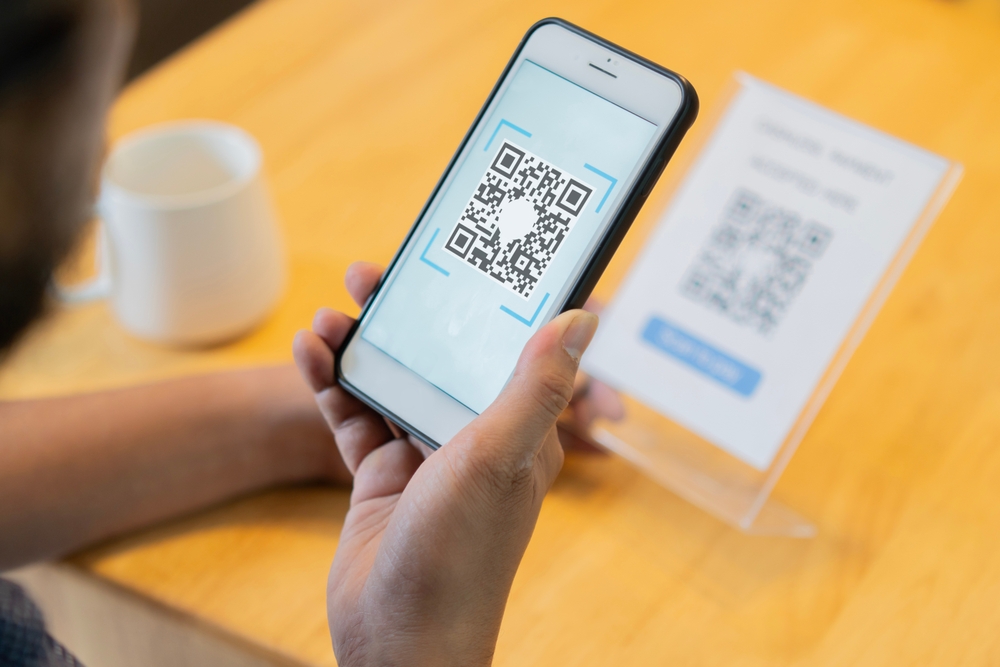
Gates foresaw that TV broadcasts would begin including links to websites and related content, providing viewers with additional information about what they were watching.
He believed advertisements would evolve to include interactive elements such as QR codes and direct search functions.
Today, QR codes are used everywhere—from restaurant menus to advertisements—allowing users to scan and access more information instantly.
Price Comparison Sites
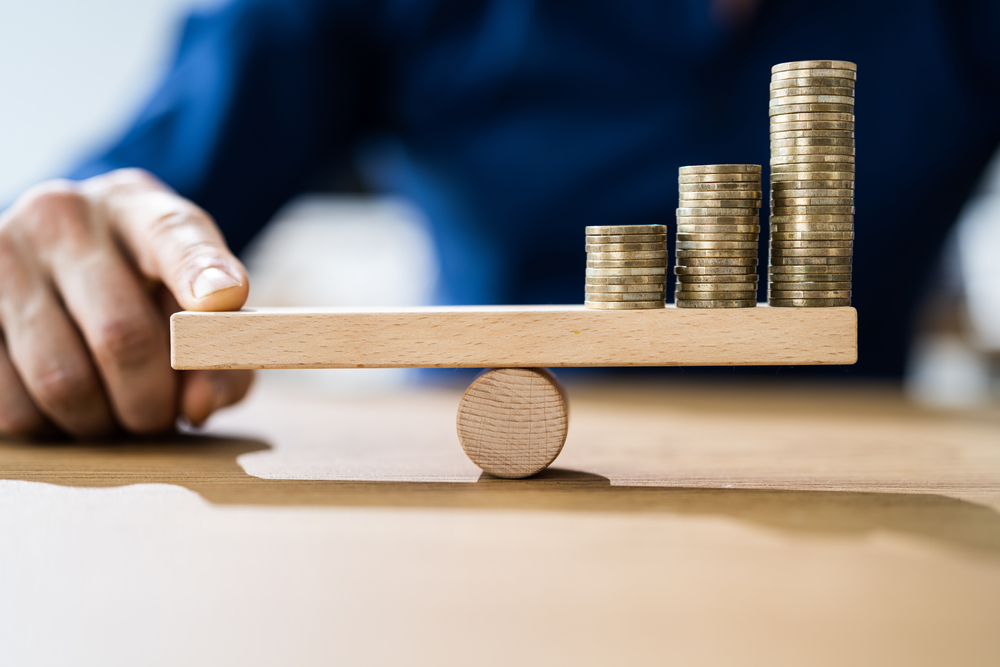
He described a future where people would easily find the best prices online using automated comparison services.
Gates predicted that users would be able to see prices across multiple websites, quickly identifying the most cost-effective options.
Today, services like Google Shopping, Pricerunner, and Kelkoo allow consumers to compare prices across various online stores with just a few clicks.
Software for Business Communities
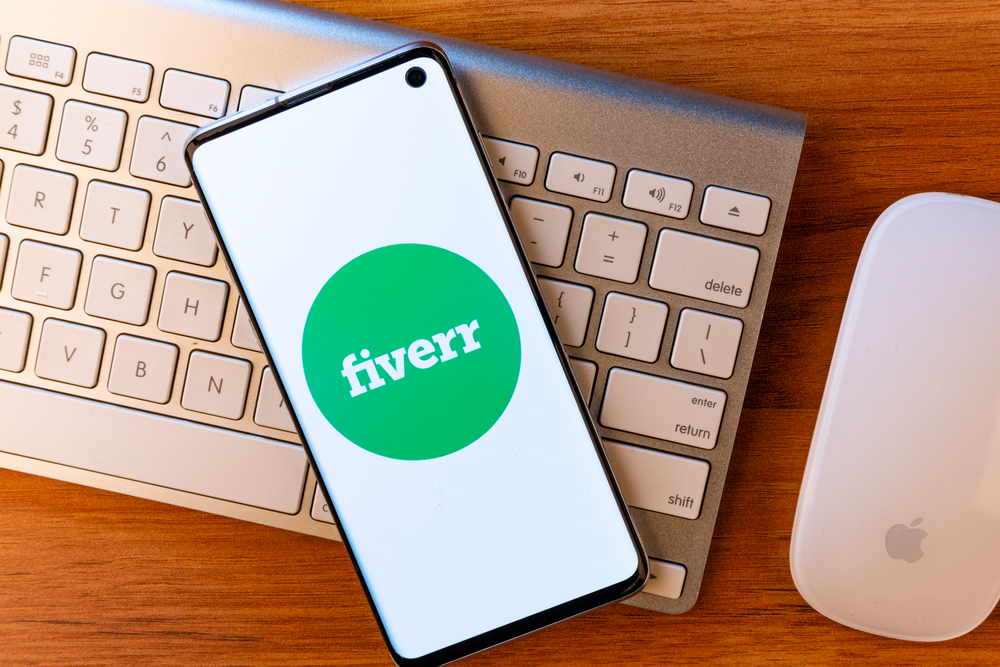
Gates also predicted that companies would be able to outsource tasks via digital platforms.
He envisioned a future where businesses could both find new clients and offer specific job assignments online, benefiting both large and small enterprises.
Today, platforms like Upwork, Fiverr, and Freelancer are essential for freelancers and businesses seeking to find skilled professionals online.

